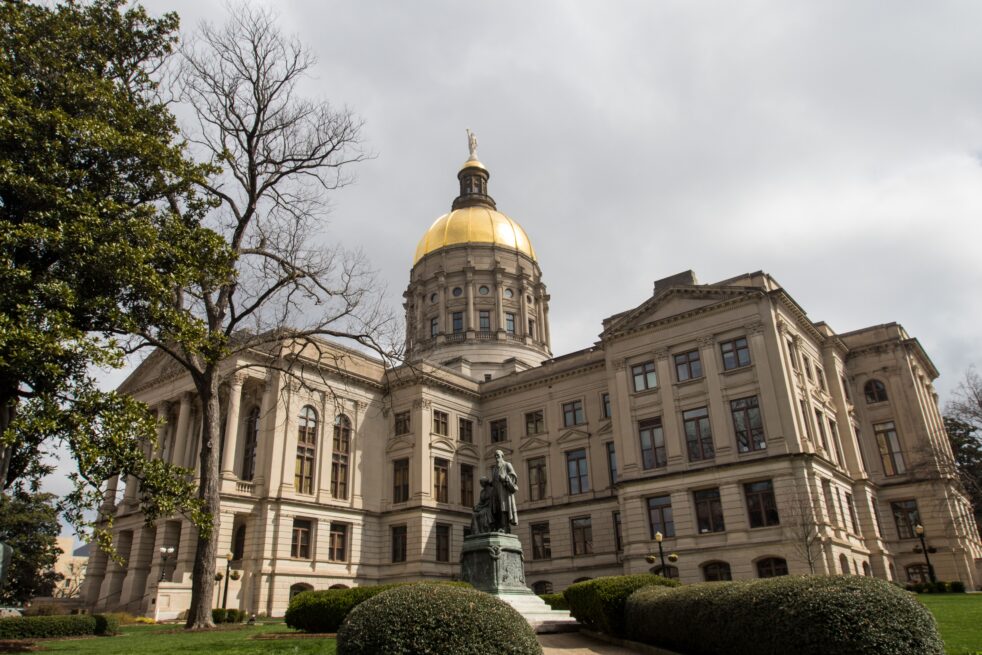Last week, hundreds of students and intern-hopefuls of all majors passed by the doors of the Exhibition Hall to see signs and poster boards inviting them to attend another one of Tech’s many career fairs.
Rather than the usual STEM and engineering-based corporations that filled the booths of the major specific and all-major career fairs, this fair extended an invitation to government and nonprofit bodies to expand their organizations at Tech.
From local city departments to internationally-operating non-governmental organizations, each booth offered unique opportunities and perspectives that provided alternatives to the usual corporations recruiting students at the Institute for internships, co-ops and full-time jobs.
The fair was also quieter than most, lacking the constant foot traffic of most other fairs.
Liberal arts and humanities majors consist of a much smaller segment of the student population in comparison to larger majors like Computer Science, whose career fair was held this past week at the Mercedes-Benz Stadium.
However, many of the students that attended the government and non-profit career fair enjoyed the more intimate setting the event offered.
“It was more inviting and relaxed because at other career fairs you had a lot more people and longer lines,” said Harsha Gaddipati, first-year CS.
Gaddipati went on and continued to express that this event let him “have a lot more in-depth and personal conversations.”
The organizations themselves were also more diverse in their goals and offerings. Some, like the City of Memphis, who was at the fair looking for civil engineers and aspiring police officers, were searching for certain types of experiences and majors.
Others were recruiting computer scientists, public policy experts or business majors, with each organization having its unique individual interests.
However, one trait that all organizations seemed to emphasize was their company culture.
One recruiter from MITRE, a not-for-profit government-funded research agency, emphasized that relative to the private sector, agencies like MITRE “are focused on learning” and “making the greatest impact on the public good.”
Another representative from The Carter Center said that one of the parts of their agency that separate it from many corporate internships is that they allow students to work on projects that make a lasting impact, as “many projects are research-based, and will continue to be used long after the internship period ends.”
Despite the breadth of unique opportunities offered at the fair, the engineering and STEM education focus of Tech still permeated throughout the fair.
Many of the organizations also came for the engineering reputation of the Institute.
One recruiter from Habitat for Humanity said “we’re looking for tons of new positions that we have open, a lot of them being construction related, so we need a lot of engineers for that, so here we are at Tech.”
Another recruiter from the City of Memphis emphasized that they came to the fair because they “know that Georgia Tech is very big on engineering.”
While there were organizations that were looking for more liberal arts-focused skills, like The Carter Center who had positions open for those with conflict resolution skills, the fair was accessible to a smorgasbord of majors and interests.
The fair reflected the need for broader and more interdisciplinary and hands-on education for students across the country.
The government and nonprofit career fair provided a necessary opportunity for non-engineering majors at Tech to find career opportunities, and a way for STEM majors to expand their horizons and look at other options to make an impact with their career.
